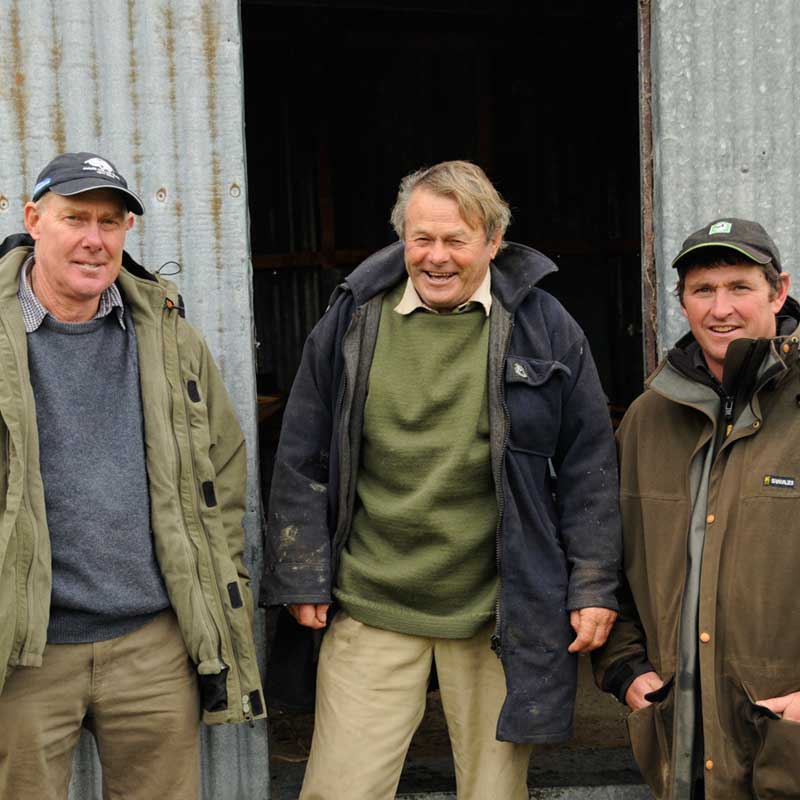Irrigation, farming, and fun!
Irrigation and farming are in the blood of the Hurst family of Ikawai, in Waimate District.
Fun is another important part of the mix says Bevan Hurst, who has lived and farmed here his whole life.
‘You’ve got to be happy and do what you like doing.’
Bevan’s grandfather, Archie Hurst, was the first farmer to use irrigation in North Otago, with a system he designed on the family farm at Papakaio.
He persuaded Bevan’s father to buy the 404ha farm at Ikawai, and to get water on it.
‘The Kurow dam had just been finished, and they employed the workers from the dam to put in a wild flood and border ditches irrigation scheme as an experiment in South Canterbury.’
In 1946 border dykes became the way to irrigate - water was turned on manually at 8am and off at 5pm. This was a big breakthrough as it meant they could irrigate three-quarters of their property. As time went on they developed timers that worked all night so you could have the water going 24hrs without manual input.
Today the family’s land is watered with centre pivots. Water from the Waitaki fuelled the development of dairying in the district, and Bevan watched his sons convert the land from sheep and cattle to dairying. The only thing that upset him was all the shelter belts and trees that had to be cut down to accommodate the large pivots.
Land use has changed the social fabric of the district - the Ikawai School, where two generations of Hursts went to school, closed in the 1990s.
‘After the war farms were split up between families and more kids were being born so the numbers at the school rose. The dairy boom had a significant effect on local country schools - single workers without families moved in so small country schools had to close.’
Bevan reflects how situations in the world change the way you farm - back in WW2 they grew brown top seed for aerodromes. Farming was tough at that time with the shortage of men, and Bevan remembers the army coming to help all the farmers in the district with the harvest during this busy time of year.
Stu Falconer, Bevan Hurst and Matt Murney at the Waimate Dog Trials. Photo credit Jo Baxter
Bevan is positive about the district’s future, and says it’s tied to people, and water.
‘The Hunter Downs scheme has huge potential to grow vegetable seed. The area has very good fertile land, and a good climate. Waimate town will stay a service town with very good service - I like doing business there, and I always have.’
He sees the next generation incorporating tourism as part of agriculture.
‘People are coming to New Zealand to do things that are off the beaten track, and enjoy the serenity and quietness.’
Favourite thing to do:
‘Jet-boating down the Waitaki river with friends.’
Favourite bite to eat:
‘I love the berries from this area, especially the raspberries.’
Favourite thing about Waimate District:
‘My friends and the Waitaki River, where we’ve spent many weekends jet-boating, fishing and duck shooting.’

